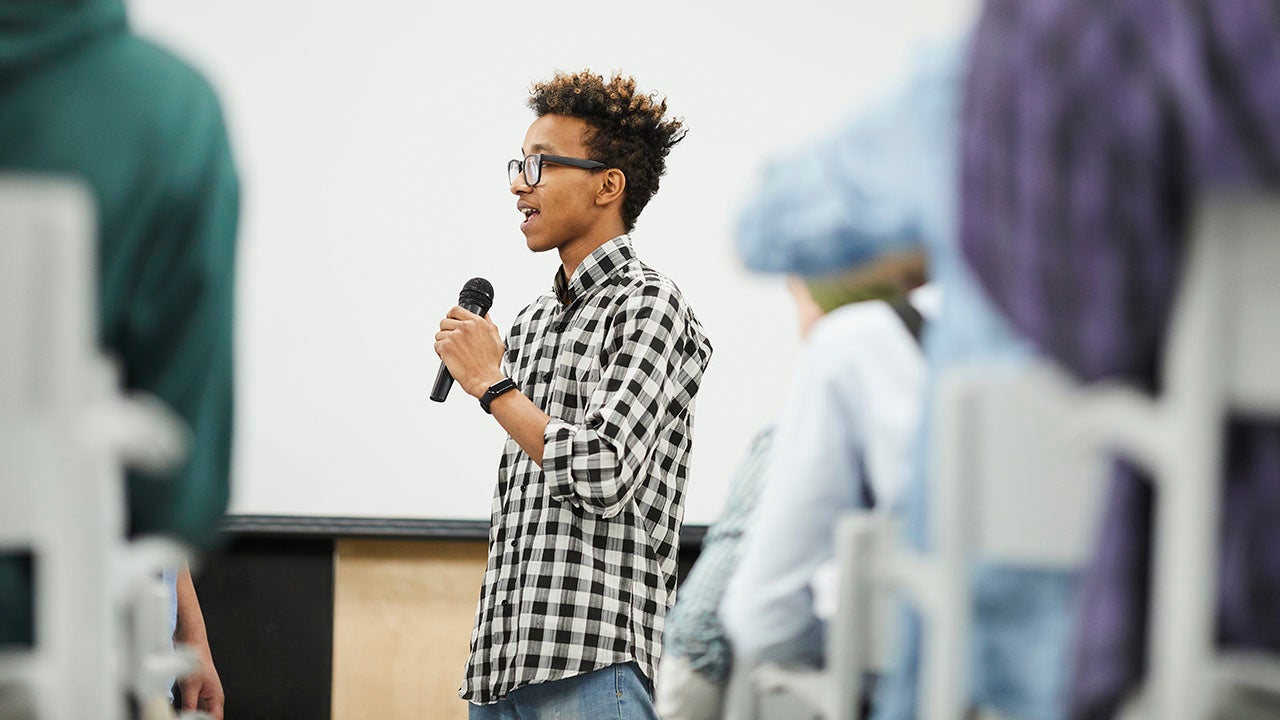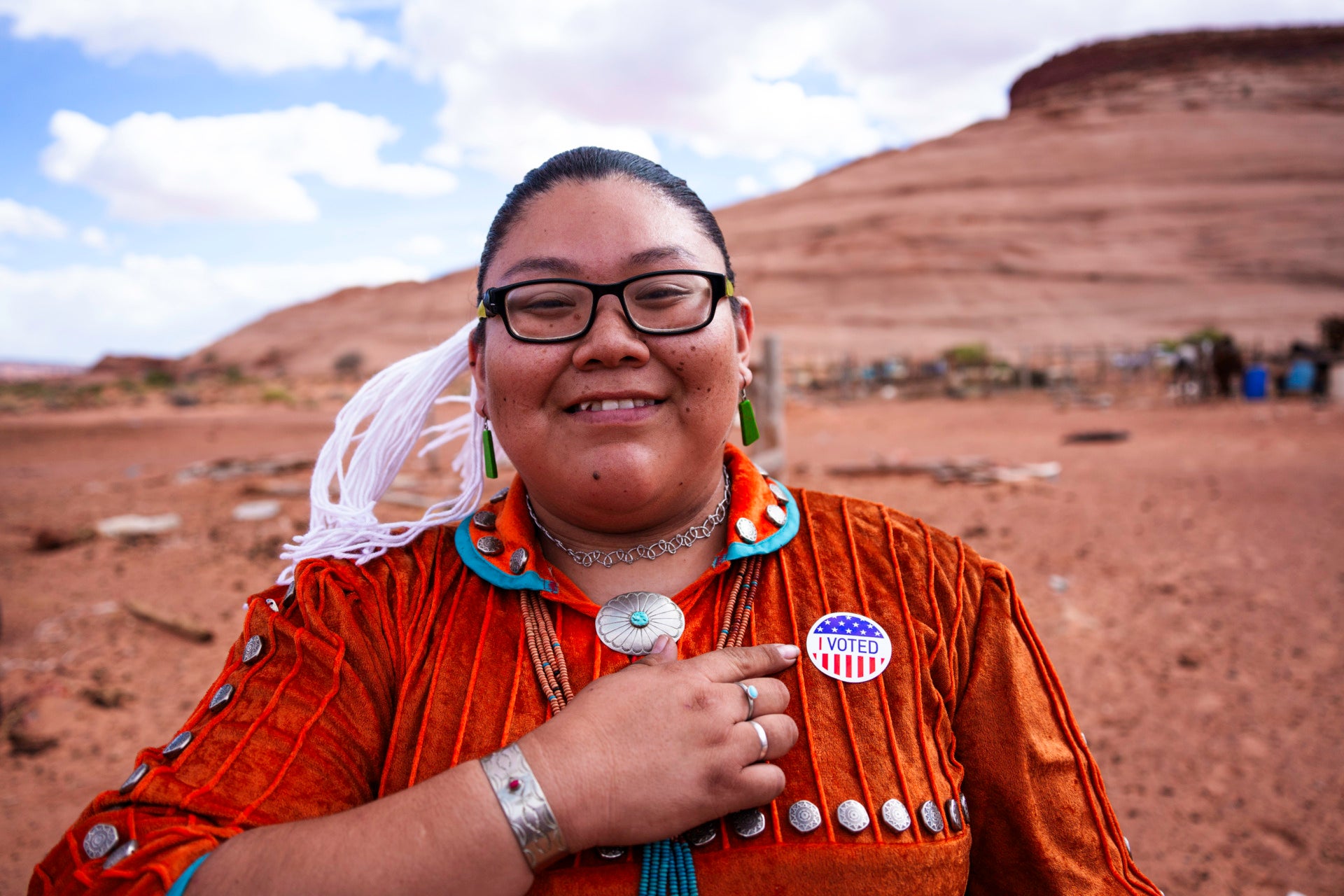Less than two weeks away from Election Day, Americans are facing a moment in history fraught with challenges to our democracy. We know that this year’s election will be unlike any other. Each one of us must do all that we can to ensure a free and fair election. Just a few months ago, Pew Research found that those who think it will be easy to vote in the November presidential election dropped by 35 points from 2018. Merely 14% feel very confident that this year’s election would be conducted fairly and accurately. Voter confidence may be shaken, but across the country, religious leaders and faith communities are actively engaged in efforts to ensure safe and fair elections.
The role of religious leaders and their communities is unique and critical. They have the social capital and relationships to ensure that Get Out the Vote campaigns are successful, that election results are seen as valid by their community, that every individual who wishes to vote knows how, and much more. Here are just some of the ways religious leaders are doing this work:
- Ensuring each person can safely vote. In this video, faith leaders from diverse traditions affirm that “making sure everyone’s voice is heard is an act of faith.” Watch to learn five actions you can take to ensure everyone is able to vote. Faith communities also are planning and leading extensive Get Out the Vote Campaigns. The Sikh Foundation worked this fall to contact 25,000 Sikh voters in nine key states. In addition to ensuring voters are registered and prepared for Election Day, faith communities are helping local polling locations by encouraging individuals to sign up as poll workers.
- Maintaining peace before, on, and after Election Day. Lawyers and Collars is an initiative that trains faith leaders and attorneys on voting rights and voter protection. Specific faith traditions, such as the Episcopal Church, have promoted this initiative and encouraged their leaders to be present at polling locations to promote peace and protect voters’ rights. Faith leaders who have questions and are concerned about rising violence can take advantage of trainings. Additionally, dozens of Washington-based faith leaders have signed on to a letter calling for “integrity in the processes that shape our systems of governance and form the basis of our shared wellbeing,” and dozens of faith and civic leaders nationally have joined the group Faith Leaders United to Support Free and Fair Elections.
- Sharing critical information. Faith leaders hold a unique role as the sole source of trusted information in some communities. Because of this, they have an important part to play in sharing information on and around Election Day. Leaders are doing this by sharing resources on protecting our election, encouraging a peaceful election process, and building community resilience, and by leading media and messaging trainings that help other faith leaders learn how to provide congregations with clear guidance and reassurance.
When faith leaders bring their energy, commitment, and relationships to a cause, they deliver. Our work to build religious pluralism in the United States can only exist in the context of a democracy where each person’s voice matters and our differences are respected and applauded. We stand in partnership with these organizations that are working on ensuring a fair and safe election.
To share an election-related resource, please contact Abbie Haug at abbie.haug@aspeninstitute.org. To find more resources, follow the Inclusive America Project on Twitter, where we will update our feed with new resources and tools.


